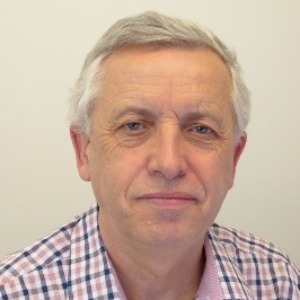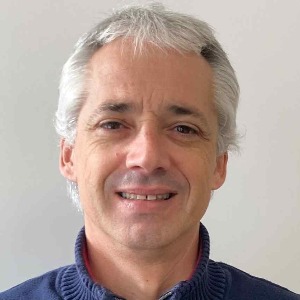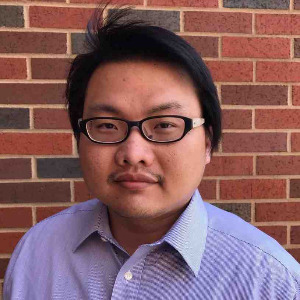Tensile strength
Stress is a term used to describe tensile strength. Stress is calculated as force per unit area. A force or a force per unit width can be stated for some non-homogeneous materials or for completed components. The unit of measurement in the International System of Units SI is the pascal Pa or a multiple thereof, frequently a megapascal MPa, with the SI prefix mega; or, equivalently, newtons per square metre N/m2. Pounds per square inch lb/in2 or psi is a unit used in the United States. Kilopounds per square inch ksi, or occasionally kpsi, which are frequently used to measure tensile strengths, are equivalent to 1000 pounds per square inch psi. A tiny sample with a defined cross-sectional area is typically pulled with a tensometer at a constant strain rate change in gauge length divided by starting gauge length rate until the sample breaks. Indentation hardness and tensile strength have a linear relationship when testing various metals. This significant relationship enables the nondestructive assessment of bulk metal deliveries using light, even portable equipment, such as handheld Rockwell hardness testers, which is economically significant. This useful correlation enables quality control in the metalworking industries to go much beyond the lab and standard testing equipment.

Harry Ruda
University of Toronto, Canada
Stanislaw Dzwigaj
Sorbonne University, France
Piotr Gebara
Czestochowa University of Technology, Poland
M G H Zaidi
G B Pant University of Agriculture & Technology, India
Alain Portavoce
IM2NP/CNRS, France
Silvie Maria Tanu Halim
McMaster University, Canada



Title : Application of vanadium and tantalum single-site zeolite catalysts in heterogeneous catalysis
Stanislaw Dzwigaj, Sorbonne University, France
Title : Developing novel sensing platforms using nanostructures
Harry Ruda, University of Toronto, Canada
Title : Solid state UV cross-linking for advanced manufacturing
Huang WM, Nanyang Technological University, Singapore
Title : The effect of substitution of Mn by Pd on the structure and thermomagnetic properties of the Mn1−xPdxCoGe alloys (where x = 0.03, 0.05, 0.07 and 0.1)
Piotr Gebara, Czestochowa University of Technology, Poland
Title : Evaluation of mineral jelly as suitable waterproofing material for ammonium nitrate
Ramdas Sawleram Damse, HEMRL, India
Title : The role of tunable materials in next-gen reconfigurable antenna design
Nasimuddin, Institute for Infocomm Research, A-STAR, Singapore